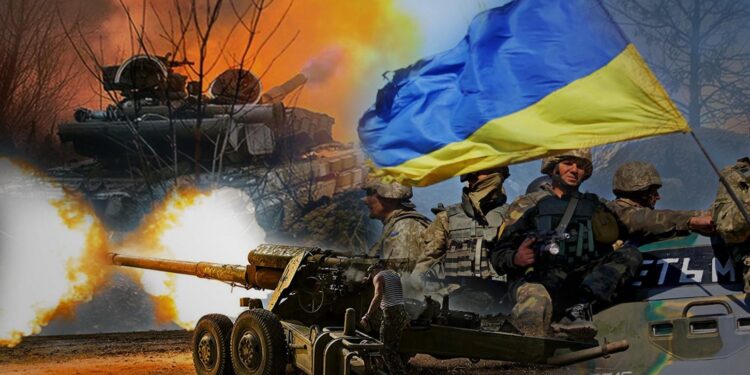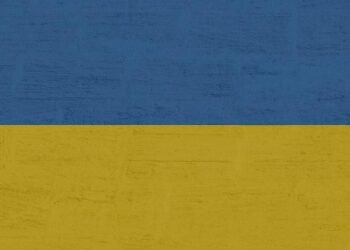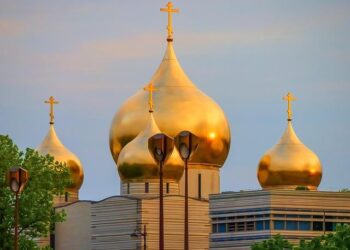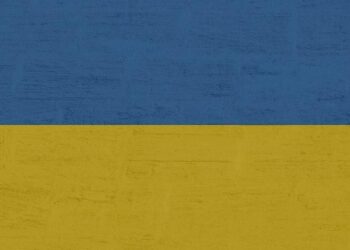As the war in Ukraine continues to unfold, its impacts reverberate far beyond its borders, shaping not only the geopolitical landscape of Eastern Europe but also creating palpable divisions among Western nations. While many countries have rallied in support of Ukraine, providing military aid and imposing sanctions on Russia, differing priorities, past ties, and national interests have led to a complex and often contentious debate within the West itself. This article explores how the conflict has highlighted divergent strategies and philosophies among allies, revealing fractures in unity that may have long-lasting implications for international relations. From disputes over military engagement to economic repercussions, we delve into the varying perspectives of Western countries and examine what these divisions mean for the future of collective security in a rapidly changing world.
Diverging Strategies among NATO Allies and the Impact on Collective Defense
The ongoing conflict in Ukraine has not only highlighted the geopolitical challenges faced by NATO but also revealed important divergences among member states regarding their strategic priorities and military support.While some countries advocate for a robust military commitment to Ukraine, emphasizing the urgency of deterrence against Russian aggression, others display caution, prioritizing diplomacy and economic considerations over direct military engagement. This division can be seen in the contrast between countries like Poland and the Baltic states, which champion a hardline stance, compared to nations such as Germany and France, where hesitation persists about escalating military involvement.The fundamental differences in threat perception and historical experiences shape these countries’ approaches, forging a complex landscape within the alliance.
Moreover, the disparity in defense funding and military readiness among NATO allies is further complicating collective defense efforts. Key factors influencing military strategies include national interests, economic capabilities, and public sentiment towards military involvement. As an example:
| Country | Defense Spending (% of GDP) | Military Aid to Ukraine |
|---|---|---|
| Poland | 2.2% | High |
| Germany | 1.5% | Medium |
| france | 1.8% | Medium |
| italy | 1.4% | Low |
With these dynamics in play, the efficacy of NATO’s collective defense mechanism may come under strain, as the organization grapples with aligning diverse national strategies while striving to present a unified front against external threats.The future of NATO’s cohesion will depend significantly on how these differences are navigated and reconciled, balancing the urgent need for solidarity with individual member states’ geopolitical calculations.
Economic Sanctions: Unifying Goals Amidst Political disagreements
The imposition of economic sanctions as a strategic tool has become increasingly prominent among Western nations since the onset of the conflict in Ukraine. While the collective goal of isolating Russia economically remains clear, differing approaches have emerged among several countries, influenced by national interests and domestic political landscapes. as a notable example, some nations advocate for strict and expansive sanctions aimed at crippling the Russian economy, while others argue for a more measured approach to safeguard their own economic stability. this divergence has led to a complex web of policies that reflects the multifaceted nature of international relations.
Despite these disagreements, a number of unifying goals persist across the Western bloc.Key aims include:
- Preserving Global Security: Ensuring that aggression is met with a unified and formidable response.
- Supporting Ukraine: Providing military and humanitarian aid to bolster Ukraine’s defense and resilience.
- Mitigating Economic Fallout: Addressing the potential negative impact of sanctions on global markets and domestic economies.
To illustrate the variegated sanctions landscape, the table below outlines the different approaches taken by prominent Western nations:
| Country | Sanction Type | Impact Focus |
|---|---|---|
| united States | Extensive | Energy and Finance |
| Germany | Sector-specific | Energy Sector |
| Italy | Targeted | individual and Corporate |
Humanitarian Response: Balancing Support for Ukraine with domestic Political Pressures
The ongoing war in Ukraine has tested the resolve of Western nations, revealing deep divides that stem from differing priorities and domestic issues. As the conflict persists,many countries are grappling with the need to support Ukraine while managing growing political pressures at home. The challenges include:
- Public Sentiment: As the war drags on, public interest may wane, leading to calls for decreased support from segments of the electorate.
- Economic Strain: Rising energy prices, inflation, and supply chain disruptions have put pressure on governments to focus on domestic economic stability rather than foreign intervention.
- Political Polarization: Leaders face opposition from political factions that question the extent and scope of support for Ukraine, complicating unified action.
In response, many governments have sought to balance their commitments by engaging in diplomatic efforts while seeking to create coalitions that demonstrate solidarity without overextending resources. The response strategies differ significantly across regions,exemplifying the varied approaches to foreign aid. A comparative overview can highlight these disparities:
| Country | Support Level for Ukraine | Domestic Opposition |
|---|---|---|
| United States | High | Rising among some political factions |
| Germany | Moderate | Concerns over military involvement |
| France | Moderate | Public calls for focusing on domestic issues |
| poland | High | Low, strong support for Ukraine |
Key Takeaways
the war in Ukraine has not only reshaped the geopolitical landscape but has also exposed and deepened divisions among Western countries. As nations grapple with differing political ideologies, economic interests, and historical ties, the spectrum of responses underscores a fractured unity that could have long-lasting implications for the transatlantic alliance. The ongoing discourse reflects a broader ideological struggle, as leaders navigate complex domestic pressures while attempting to maintain a coherent stance on the conflict.As the situation continues to evolve, the challenge remains for Western countries to reconcile their differences, forge a unified approach, and address the myriad consequences of a war that threatens to redefine international relations for years to come.The ramifications of these divisions will resonate far beyond the battlefield, shaping not only the future of Ukraine but also the very fabric of Western cooperation in the face of global challenges.
















